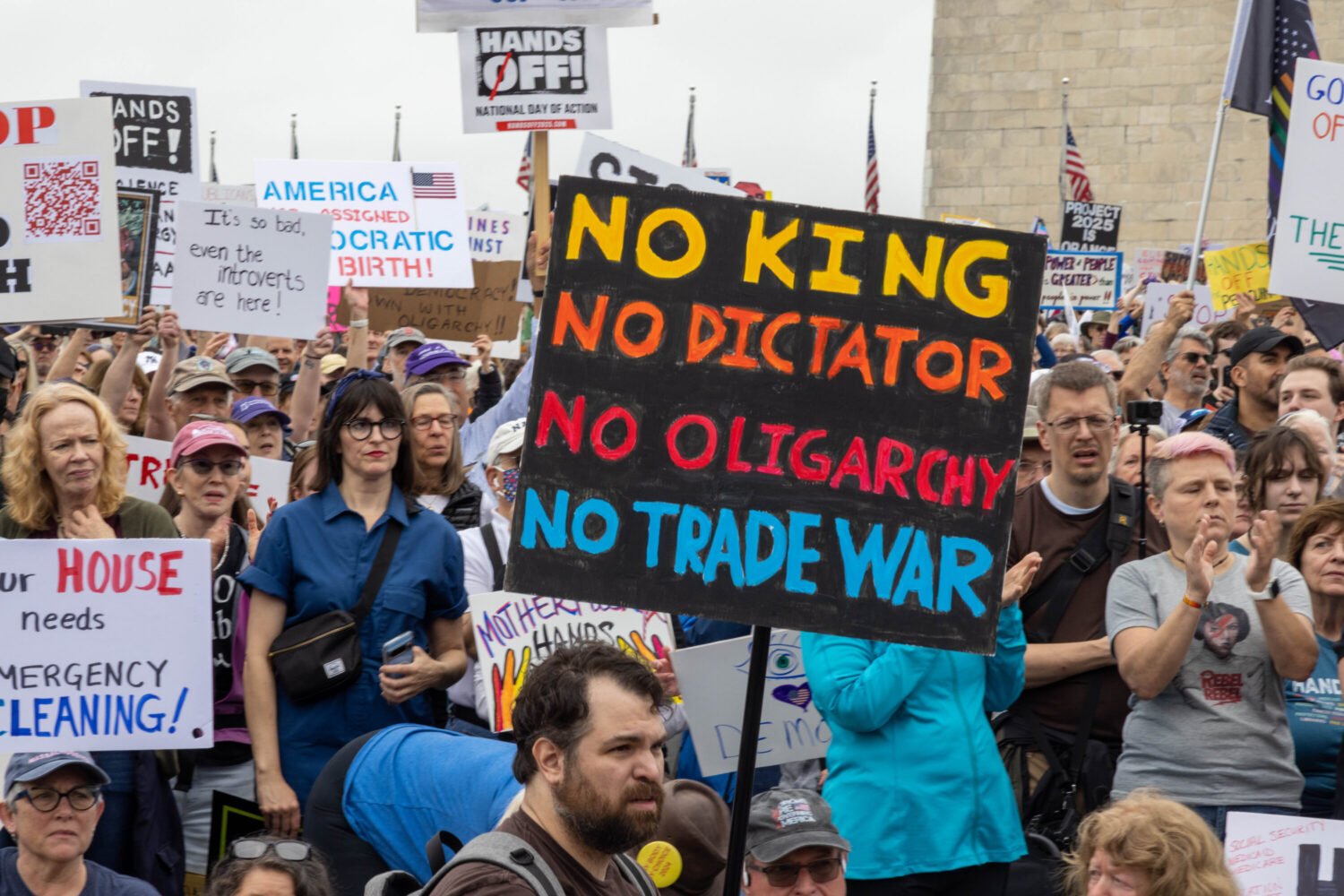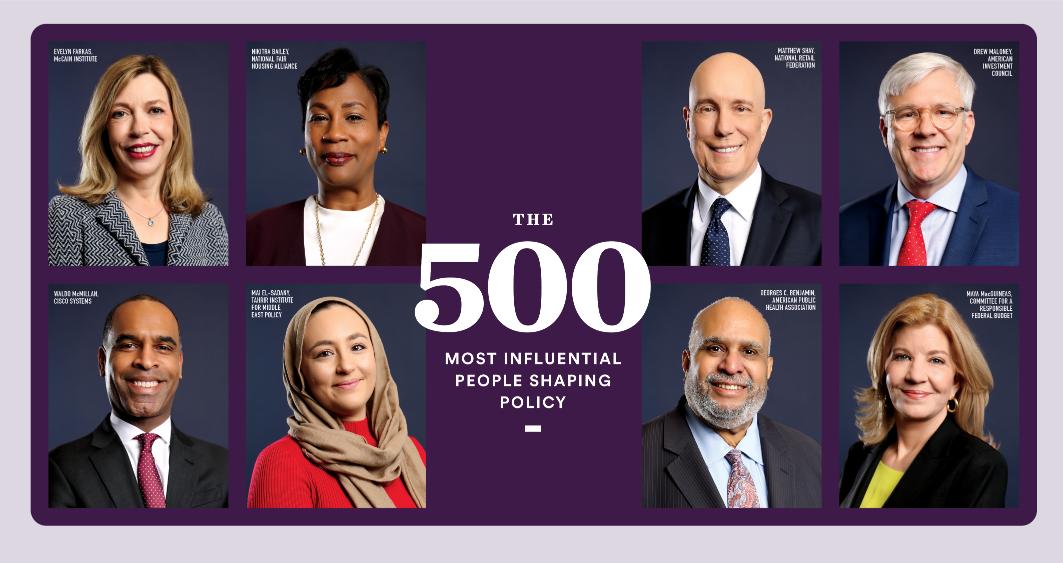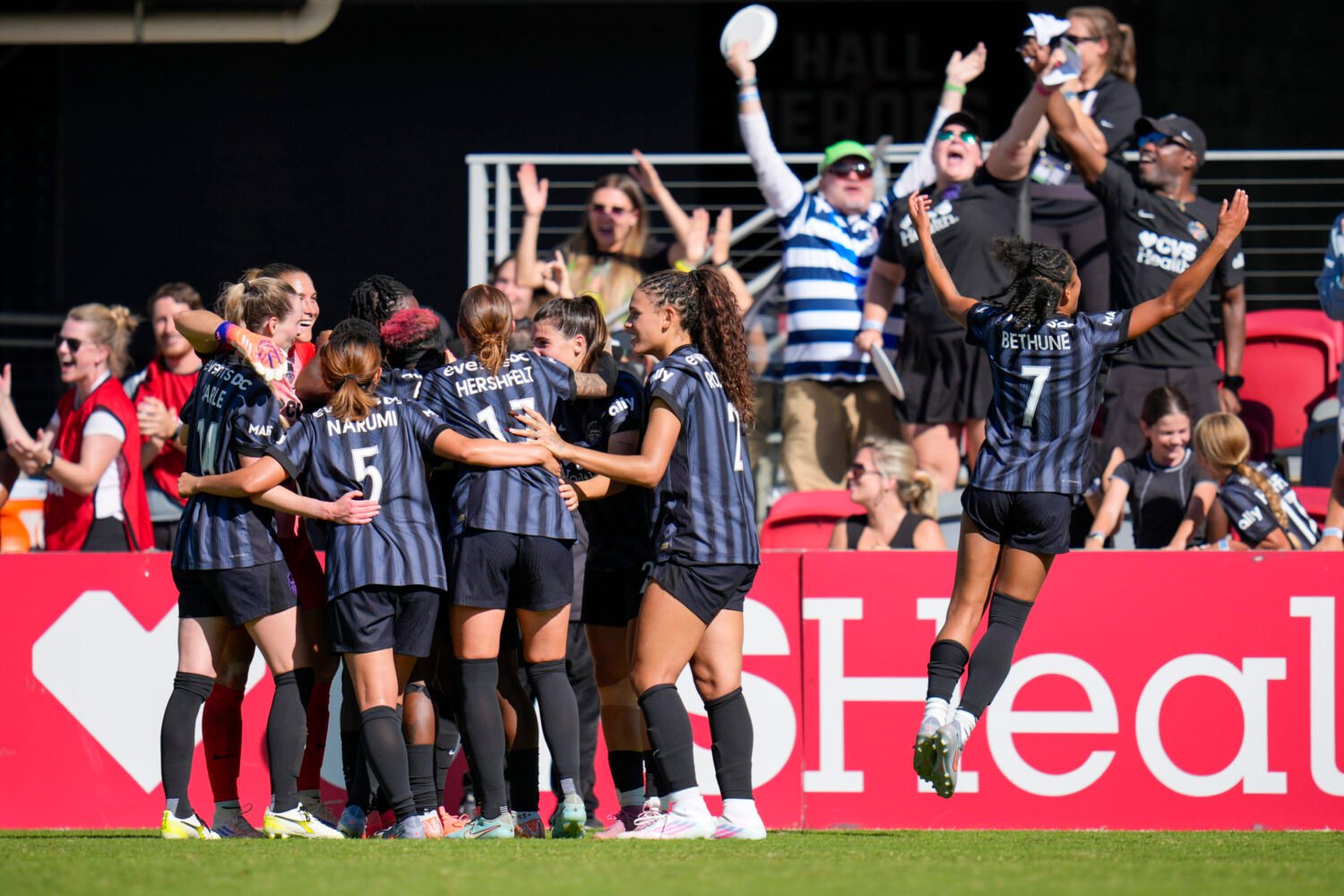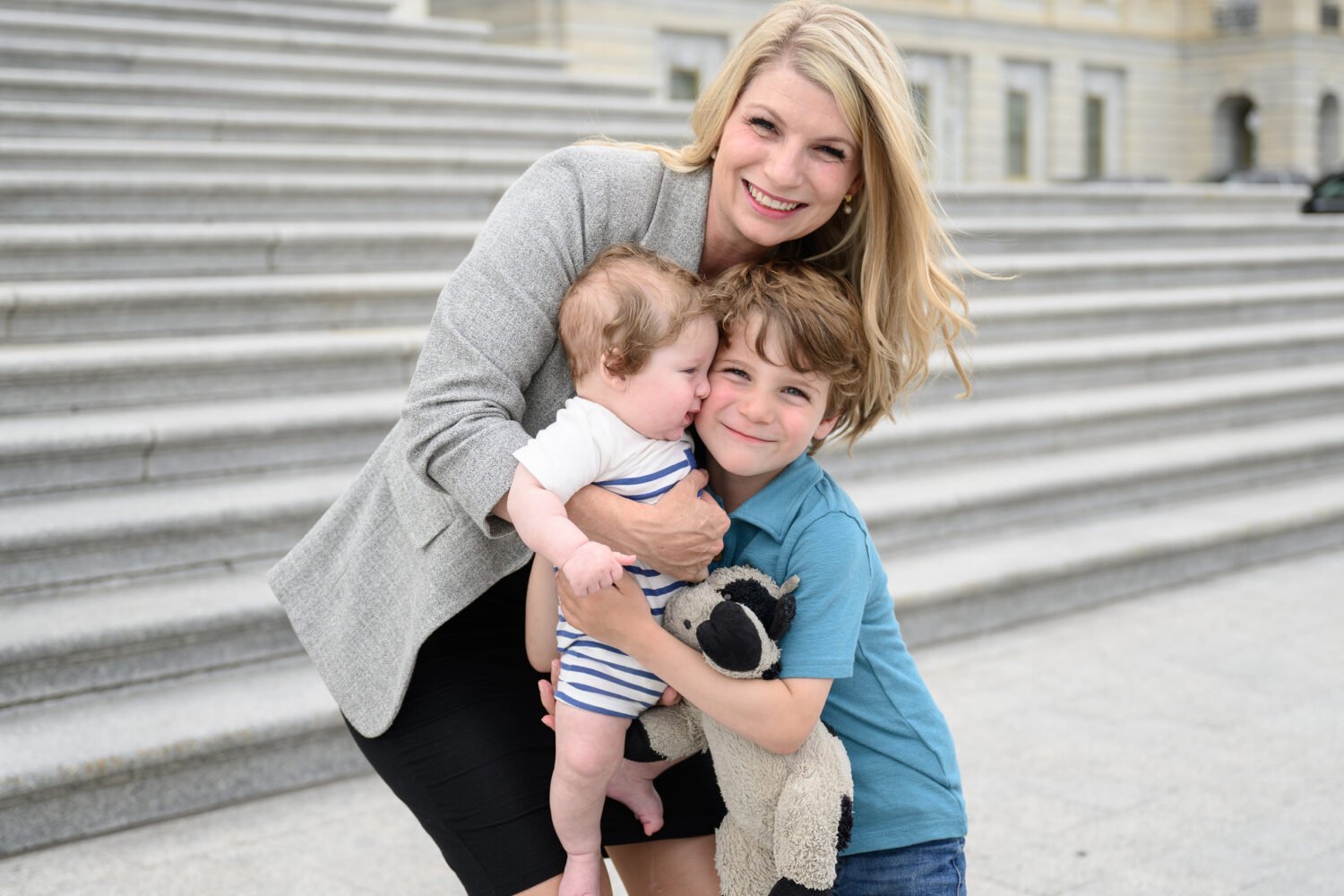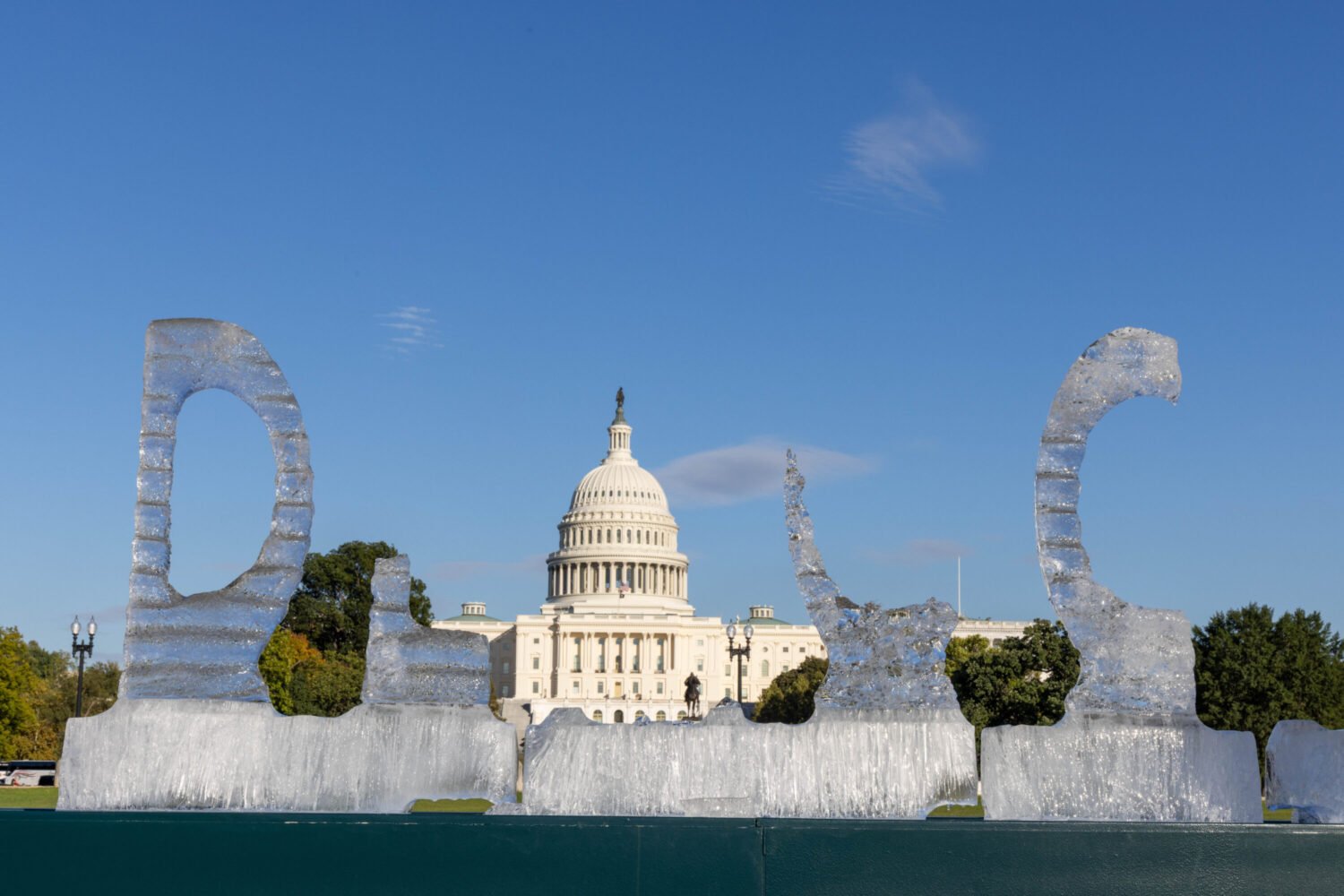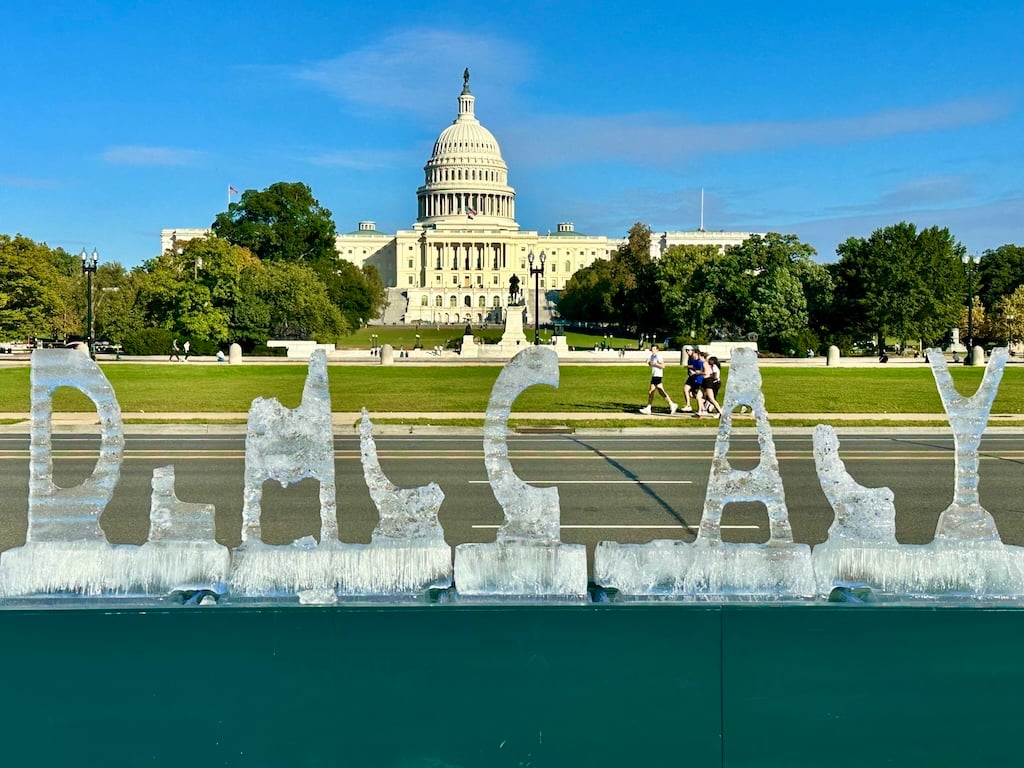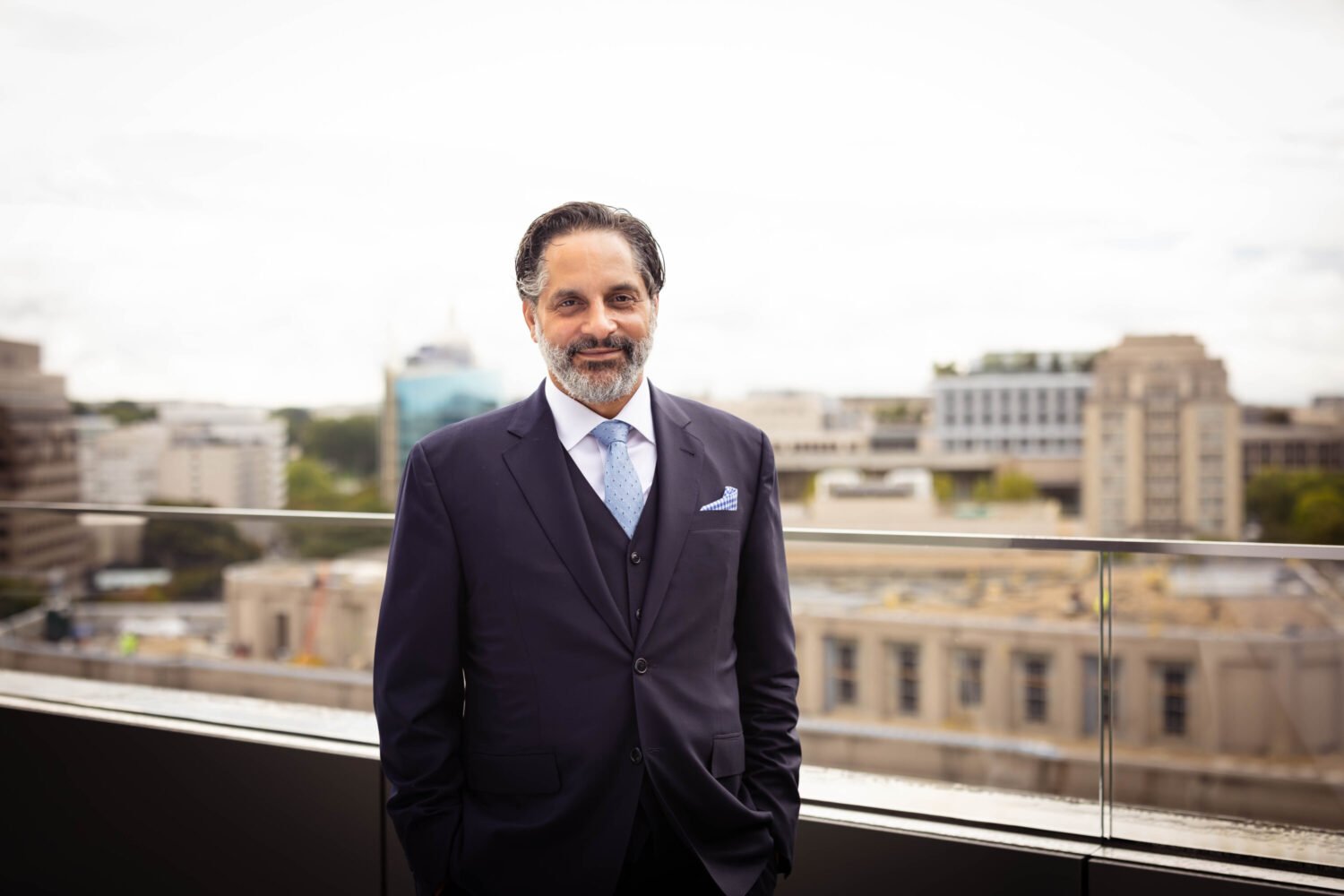My life is about travel. I land at an airport, struggle off the plane with my heavy Willy Loman suitcase, and head for ground transportation. The airports look the same to me. Milling travelers. Bars. Billboards for hotels. Overpriced pretzel stands.
I face ground transportation with dread: What tiny hotel room awaits me? What scary people will be at the registration desk? How will this city unnerve me?
This is true even for LAX, airport of Los Angeles, the city that has been my primary home since 1976. It’s a hideous ride from LAX through decaying shopping areas, fast-food outlets, and jammed freeways toward my house. There is not one attractive sight until you get to the gardens of Beverly Hills, and that’s a good half hour from LAX.
It’s different when I arrive at DCA. (Please don’t even mention IAD—Dulles is the worst airport in the world.) When I get off the plane at Reagan National, I am home. I am back in the city where I was born one frosty morn. The people in the terminal at Reagan National look like solid citizens. The billboards are for subjects like treating the oil companies with some sanity. The guards at TSA screening look as if they are there to help, not torture. The man who drives me to my apartment at the Watergate always has some gossip about people I know. And at the Watergate, the same people have been working the doors and phones since my parents bought their apartment—now mine—in 1972.
Well, maybe not since 1972, but for a long time.
From my apartment I can see the Potomac River, see the kids sculling on the water in the day, see the moon over Virginia by night, see my parents’ furniture from the Depression, cook an egg in my parents’ frying pan, open up the mail—I am home. More home than in my home in Beverly Hills or my home in Malibu, just home, and out the door I go with my pal Russ and my pal Mike and my pal Aram, down to the Georgetown waterfront.
If it’s summer, I see the college kids and smile modestly as a few say, “That’s Ben Stein.” I can go to Bangkok Joe’s and eat tuna satay and watch the respectable-looking people stroll by. Because if there’s one thing about the people in Washington, it’s that they look respectable.
I know all of them aren’t. I know this because I look respectable and I’m not. But the men dress like men, with jackets and ties, and the women look normal and not like truck-stop prostitutes. I don’t know what they do after they’ve had a few drinks, but when I see them on the street, they look respectable.
And then when I get back to my apartment, I can lie on my bed and see the lights of Rosslyn again. Back in the 1950s, all that was there was pawnshops and fireworks stands. It has changed—now the office buildings light up the night sky. I go to sleep thinking I am home.
I have gotten ahead of myself. When the plane starts to land at DCA, I can see the government buildings that mark the capital of the world. Above all, the Capitol, the summit of man’s achievements in government, which symbolizes that we trust the people to govern themselves (with the help of an army of lobbyists). The Washington Monument, which tells us we had a leader who preferred to give the leadership back to the people. The Jefferson Memorial, to my mind the most beautiful building on Earth. The buildings along the Mall—the Hirshhorn, the Freer, the Department of Agriculture, the Smithsonian—where men and women toil not to become rich but to educate and enlighten and keep track.
I always bear down on my seatmate and say, “Look at that! That’s the most beautiful city in the world, and it’s not in France, not in Italy, but in America.”
On the ride in, you see the buildings underlined by the Potomac, a shimmering underscore for the permanence of our symbols of republican institutions. I always say to Bob, my driver, “Look at that. The city glows.”
I often think to myself: Why aren’t I living here in DC? Why am I so far away in Beverly Hills?
Oh, right. It’s the humidity and heat. But maybe next year.
Oh, Washington, I love your friendly sedan drivers from Senegal and Mauritania and Iran, who know their way to CNN and Fox through tunnels that I never even knew existed, under freeways and government buildings so I get to be on camera and talk as if I were shot out of a gun. I love your friendly clerks at the Watergate Safeway who tell the new boys and girls that I’ve been coming there longer than they have worked there—for 20, 30 years. I love the woman at the deli counter who finds me a nice big fried-chicken wing—“not some little pigeon wing,” as she says. I love your GW coeds, who have had the same look on their faces since I used to study at the GW library when I was in high school, a look that says they know they are only young once and they don’t know what to do about it.
I love the beautiful outlying towns of the Washington “metroplex.” The main shopping street of Middleburg, with its ice-cream parlor and the beautiful little Episcopal church with its family pews and kneelers with embroidery of sporting dogs. I love the fields between Middleburg and Upperville and the Mellon church with its Bretagne design. I love going over the Bay Bridge and landing on the Eastern Sho’ and making my way to the Tidewater Inn and to Oxford, where I had so many crab-cake meals with my parents, who are so keenly missed. I always thought I would own a farm on the Eastern Shore, but it’s too humid, too. Plus, even for a wild plunger like me, it’s gotten too expensive.
I still love Silver Spring, especially Sligo Creek Park, where I went on so many walks, thinking the long thoughts of youth, walking through the grass to find my way home by listening for the Army-McCarthy hearings coming from our TV set. I love Falls Church, the King David cemetery, where my parents lie and where my wife and I will someday lie near them. Leafy and green and with so many familiar names lying near them.
But I want to get back to this: People around Washington don’t look crazy. Humans look so amazingly crazy in Southern California. So off-the-map crazy. So desperate no matter how rich they are. But in DC, men and women look as if maybe they have enough.
Yes, I know the new rap on Washington is that it’s as money-crazy as everywhere else. I know that the “new Washington” has lawyers who make millions, lobbyists who make hundreds of thousands, and the Carlyle Group, founded by old pals from the Nixon years, and they have maybe billions. I know that real estate has gotten expensive by local standards. I know that even a GS-15 cannot really live la dolce vita in Washington any longer. And I know that in my beloved Montgomery County, parents often feel as if they have to send their kids to private schools, and they ain’t cheap.
I know, in a word, that the Washington I grew up in, the Silver Spring I grew up in, those places have changed. I know that the days when an in-grade GS raise was occasion for getting a new Chevy are gone.
I don’t care. I don’t really care about those Carlyle types at all, except for Fred Malek because he and I used to hang out at the Georgetown Safeway together. I don’t care about the people who make huge bucks. I’m around rich people a lot. I don’t find them particularly interesting. And they certainly have nothing to do with what Washington is to me.
My mother, God bless her soul, used to literally get sick to her stomach when she was in a room of rich people. I feel very much the same way if they start bragging. And as for Washington’s becoming like other cities that worship the golden calf, guess what? I’ve been everywhere else, and DC is not as money-crazy as everywhere else.
There is something vestigial about that civil-service mentality in which, if you had a steady paycheck and good fringe benefits, you were fine. The main cause of insane ambition is the wish to overtake the neighbors who are richer than you are. But if everyone is middle class and getting a green check, as they all were when I was in the civil service and growing up in Silver Spring, there is not a lot to be jealous of.
Some of that glorious attitude, the socialism without dictatorship, still lingers. Not all of it. But in Washington you can still be respected, still be admired, just for doing your job and for being a regular Joe or Jane without having to be rich.
Maybe more to the point for me, you can be respected for being a pundit or a media face and voice without owning your own plane, which is out of the question in Los Angeles. You can go to brunch at the Cosmos Club and see men and women who have shaped national and international policy and don’t even fly first class or have a swimming pool, and they are still respected.
The walls at the Cosmos have portraits of Nobel Prize winners and Pulitzer Prize winners, not hedge-fund speculators. The question is about brains used for the public good, not about cunning to get rich quick. You can be respected for something other than chasing the buck.
Incomparably more important, the key industry in Washington in terms of prestige and size is defending freedom. The men and women in the military are the heart of Washington. The guys prowling the rings of the Pentagon, the guys in satellite offices, the gals keeping track of how the defense of humanity is going—they are the backbone of Washington, at least to me. Their lives have zero to do with getting rich quick. They may someday have a Corvette and a split-level home, but they will never be on the Forbes list.
And they don’t care because they know in their hearts they’re doing what’s right. That can’t be bought. The feeling a soldier has when he has faced combat and come out on the other side cannot be bought. The feeling a military wife has when she has spent a year alone taking care of her kids while her husband was deployed—that cannot be bought. And it conveys a self-worth that a billion dollars of hedge-fund money cannot touch.
That’s why on my trips to DC, which are growing more frequent year by year, the twin hubs of Washington for me are Walter Reed Army Medical Center and Arlington National Cemetery. That’s where you see the real Washingtonians, in the sense that they pattern their lives after the life of Washington, father of the nation.
At Walter Reed, you see the wounded soldiers in pain but also bound up with pride at a job well done. You see the wives and families who stay at the Silver Spring Hilton and come to spend the day sitting with their beloved with his tubes and his Percodan and without his legs. You see the nurses and doctors and orderlies and volunteers and you know: This is it. This is what it’s all about. Without people like this, there is no Washington, no America, no nothing.
These people are galaxies away from the megabuilders and raiders. They never brag. They never ask for recognition. They just give their lives and their legs to keep us protected. They, not the people in glossy pages in magazines, are what I love about Washington. And the people in the military look the least crazy of all.
And then you come to the soul of everything: Arlington. Green and leafy. Magnificent vistas over endless rows of stones, each one marking a man or woman who served and offered up his or her life for country and freedom. Not many of those with the stones died in combat recently, except in section 60 and thereabouts, where the men and women from the Iraq and Afghanistan wars are buried. That’s where the activity is nowadays. The families weeping at the gravestones. The buddies in their flight suits visiting the buddy who went down in a helicopter. The high-school pals leaving a football jersey. The wives leaving flowers and stones and a copy of the latest Harry Potter book.
That’s where the soil is still damp and soft from recent interments. The people standing in tears on this ground have halos around them.
I have always found it a sign of the astonishingly deep vein of patriotism in this country that men and women who have grown up in small towns and big cities all over the map come to Washington to be buried. They come as if to a holy place, a place where their service will redeem them.
Maybe that’s the essence. There is a holiness about Washington, DC. It goes way beyond anything the moneymen will ever be able to do. It goes way beyond the mansions of McLean or Potomac. The repository of the nation’s hopes and aspirations for the glory of man under God—we are still allowed to say that, right?—is not on Wall Street. It’s not in Greenwich. It is in Washington, DC.
And when Bob the driver takes me back to DCA to go wherever I am going, it’s this feeling I have: that I am leaving a place not in the business page, not even in the political page, but a place in the heart. Eternal Washington, of the clerks in the Safeway and the eternal flame at Arlington—always my home sweet home.
This article first appeared in the January 2009 issue of The Washingtonian magazine. For more articles from that issue, click here.

